Like most people, I grew up with a negative connotation of the term “paranoid.” It meant a person was nuts. Someone who saw conspiracies and thought everyone was out to get them. It certainly wasn’t something to aspire to!
So fast-forward a few decades, and in the year 2004 I was having an informal discussion with P&G’s iconic and transformative CEO, AG Lafley. As I was giving him an update, I apologized for “being paranoid” and hence taking a quite conservative approach to a particular project.
He stopped me mid-sentence, and said this:
“Jim, it’s okay. Don’t apologize. I, too, am paranoid. Paranoia is okay. In business, paranoid is a good thing.”
AG is absolutely right. Paranoia in business is a good thing. And the byproduct of this is the paranoid win, while the cocky, arrogant and complacent companies get knocked off their pedestal.
Why is this? Let’s look at some good examples and reasons why:
The paranoid are never surprised when things go wrong. Paranoid leaders know that things can, and do, go wrong. In fact they can often go wrong! So when exuberant employees start planning the celebration parties, they are instead anticipating what can go wrong, and putting steps in place to offset it. For the paranoid things like “contingency planning” and “insurance policies” are part of the standard way of running the business. You rarely, if ever, hear a paranoid leader saying, “We had a perfect plan but things did not turn out the way we anticipated.” Paranoid leaders know there is no such thing as a perfect plan, and that Murphy’s Law is always lurking in the shadows.
The paranoid stay ahead of the competition. They don’t underestimate competition, even upstarts, and assume their competitors are smart and may know something they don’t. When they see innovation from competition, they assume it could be a big idea — rather than discarding the idea out-of-hand — and address it with vigor! One of the saddest and most visible examples of this is the case of Kodak. This was an iconic company built on traditional film and cameras and film processing. In 1976 their market share of cameras was a staggering 85 percent! Then digital came along. Kodak refused to consider that consumers would abandon their brand and that digital could be anything more than a fad. So they stuck stubbornly to the film-and-printed pictures model. And today? Well, one would be hard-pressed to find anyone owning a Kodak camera these days, and they have just emerged from bankruptcy — a former icon now a mere shadow of its former self.
The paranoid can see around corners. They anticipate the future and due to their paranoia they see trends when they just start emerging. Procter and Gamble has consistently been like this, making hard calls ahead of the trends. Most companies wait until an economic downturn to restructure, but not P&G. Over the course of my 24 years there, I was a party to multiple restructures that were done when times were good. Just to anticipate what was coming around the corner. P&G also reorganized and established global teams when the words “global brand” and “globalization” were cutting-edge. The leadership could see what was coming around the corner, and rather than wait for globalization to leave them behind, they stayed well ahead of the curve as a pioneer. Contrast this with Coca-Cola, which struggled mightily in the late 1990s as the world’s consumers shifted focus to health. Their leadership refused to acknowledge the growing drumbeat of health consciousness and continued to drive carbonated beverages as their staple. Coke was slow to finally wake up and become more of a “beverage company” and drive a full range of juices, waters, and alternative beverages. And they were out-innovated by smaller and more nimble companies that created new categories like Red Bull in energy drinks and “Vitamin Water” (which Coke eventually bought). Only after several CEOs exited in procession did Coke wake up and acknowledge the need to change. And fortunately, it wasn’t a deadly blow and Coke has been able to recover.
The crux of it is, while paranoia is undesired in our personal lives, in business it is highly desirable and key for keeping a company sustainable in our fast-changing times. The world we live in is hardly a place where one can rest on their laurels or be consumed with self-serving arrogance.
So I embrace my business paranoia as a strength. And certainly celebrate when I see a competitor being arrogant and cocky. Paranoia on my side, and arrogance on the other, is a harbinger for great results!
